Agents Of Change Part III
When Worlds Collide...
So in PART I, I discussed how many stories in popular American culture are tales of heroes who basically are AGENTS OF CHANGE, characters who influence or alter the people and world they encounter. Very common in television and film, particularly in action films, and in television as well.
In the next installment, AGENTS OF CHANGE PART II I discussed stories wherein the hero is changed by the journey he or she embarks upon… they may not change the world but they are changed by what they experienced (THREE MEN AND A BABY is another example of this).
And, of course, many times both of those story techniques are often combined (especially in romantic comedies, see manic magic pixie girl) wherein one character changes the other.
I will again note, as I have before, that these are definitions that I use for myself to understand the construction of the world. If it’s useful to you, good on ya, if you have another way into the world, that’s cool, too. There is no one way, there is only what works for you and that which does not.
I share these definitions with you so that when we discuss our favorite movies, later on, we’ll have a common vocabulary to delve into them.
This brings us to Part III, another type of story… and it happens to be, in my opinion, the most difficult one to pull off, and ergo, it’s my favorite.
Which is the changing world, also known as worlds colliding.
Ergo, the agent of change isn’t the hero or the villain, rather it’s the world that’s changing to the extent that the characters are forced to deal with it.
A meteor heading for earth, it’s going to destroy us all… Bruce Willis and some oil-drillers are forced to confront it to save humanity.
Aliens attack and ordinary people are forced to fight to survive (INDEPENDENCE DAY, TOMORROW’S WAR, WAR OF THE WORLDS, hell, there are a lotta these).
It’s the early sixties, before Civil Rights, and a well-to-do white man’s daughter brings home the man she intends to marry… a black man (GUESS WHO’S COMING TO DINNER).
That last one is key.
In the film world, there are often thought of as three primary story types (and forgive me for making them patriarchal, but that’s how they’re often presented.)
Man vs Man
Man vs Himself
Man vs Nature
Man vs Man is when the hero is the agent of change.
Man vs Himself is when the hero must change and eventually does.
Man vs Nature is man versus the world… nature is animals, environment, etc. ARMAGEDDON is man versus nature, in a sense. So is JAWS.
And I get that. It works.
Use these ideas, they do work, absolutely.
The issue is, however, that I don’t see GUESS WHO’S COMING TO DINNER as Man vs Man (though one could make that case) or another great Poiter film, IN THE HEAT OF THE NIGHT, as that either. But neither do I see them as Agents of Change (Poiter is the hero in both, but he doesn’t change), not completely.
For me, all three of those terms are great places to start, but they don’t go quite far enough. WAR OF THE WORLDS is absolutely man versus nature, but it’s also man versus himself and, occasionally, man vs man (the epic battle in the basement).
Tom Cruise changes by film’s end, he’s become a real father (and had to lose his son along the way) by putting his daughter before himself, something he hadn’t been doing before that. So he changed and that’s why, even though no one defeats the aliens in that story, the film feels so satisfying. He and his daughter survived and he came out of it a better man as a result of the trial.
So it’s an Agent Who Changes, which is why that film works.
But it’s not the only reason why… the film is about worlds colliding and changing everything. When it came out there was much talk of how reminiscent of 9/11 it was, and yeah, buddy, that was there. The bulk of the film is about how everything they’d known had been taken away and now they must survive.
Two worlds colliding often makes for a thrilling story. And the characters don’t need to change, per se, but they do step up.
A woman’s daughter is kidnapped… and the mother does things that she never imagined she would do but is now forced to.
In other words, the characters responding to the change before them and what it shows us about who they truly are, that’s thrilling.
My favorite movie is LAST OF THE MOHICANS, which is based on a novel, but also based on an early screenplay of that novel because the novel is not good.
Hawkeye aka Nathanial Bumpy, in the novel, is basically a superhero, with no weaknesses or flaws at all… he’s Superman.
Which, let’s face it, doesn’t make for interesting drama.
Hawkeye as a character in the film is, however, unique, because he was raised into a world he wasn’t born to (he was found as an orphan and raised by Mohicans) and, in a way, as a man of two worlds, he’s the perfect fellow to negotiate the action that follows.
Especially once he falls in love, which he does.
The story of the movie is about the change taking place as two worlds collide. The modern world, the one in which the British and their American colonists are at war with the French and their Huron allies, interferes with the world of the nature that Hawkeye and most of his brethren followed.
Hawkeye and company are staying out of the war (something a British officer has trouble comprehending at first) but are drawn in when they rescue damsels in distress, the sons fall in love with both… and next thing you know, our hero is navigating that conflict.
But he doesn’t change. Nor does he change the world, per se.
That’s key, here. Very key.
He’s forced to do things he wouldn’t ordinarily do, and they show us things about him that we appreciate, but he doesn’t change the world.
The film is called LAST OF THE MOHICANS, and it’s about the entire world changing before the eyes of our heroes as they stand witness. And, in fact, when Hawkeye’s stepbrother is killed and his stepfather is the only last living Mohican alive… that’s when the film ends.
And it’s so moving and powerful that, for me, when I saw it in a theater, I couldn’t speak. I simply sat, in shock. What a film.
SAVING PRIVATE RYAN is, for me, another such film. Tom Hanks isn’t going to change the outcome of the war, he’s not changing anyone else, per se. He begins the movie as a basically good man trying to do right in the middle of a horror show.
And, let’s be honest, his mission is as ridiculous as his men think it is. Risking his squad in order to save one man doesn’t make sense (and he loses nearly all of them) but he does it anyway because he’s a soldier, his job is to follow orders and he does.
Once Private Ryan is saved, the film is over.
But what Hanks really did was stand witness to the carnage of colliding worlds. Once worlds collide, everything changes and is never the same.
Heroes are revealed as a result (Steve Rogers, mentioned before, was always a hero but not until the world went to war was this revealed to him or to us) as are villains.
Many “Man” versus Nature stories are colliding world stories, in my opinion.
JURASSIC PARK is a great example. Sam Neill doesn’t stop the dinosaurs. Nor does he change (they tried to make it that he hated kids and was more open to being a parent at the end, but this isn’t really what I’d call a transformation, and it’s noticeably absent from the novel)… he’s simply there to survive and bear witness to the clash of the modern world as it meets the world of the dinosaurs.
And it still works. The final image is the banner floating down over the T-Rex as it roars… the banner reads “WHEN DINOSAURS RULED THE EARTH”.
Worlds collide and, as a result, a new world is birthed.
That’s actually something the author wrote about often in his work, I’d note.
That’s my other, favorite story type… AGENTS OF CHANGE - COLLIDING WORLD.
I think I’m drawn to it because it’s where heroes are revealed.
More later as I discuss some of my favorite movies.
If you found this article useful, please subscribe and/or share it.
Thank you.



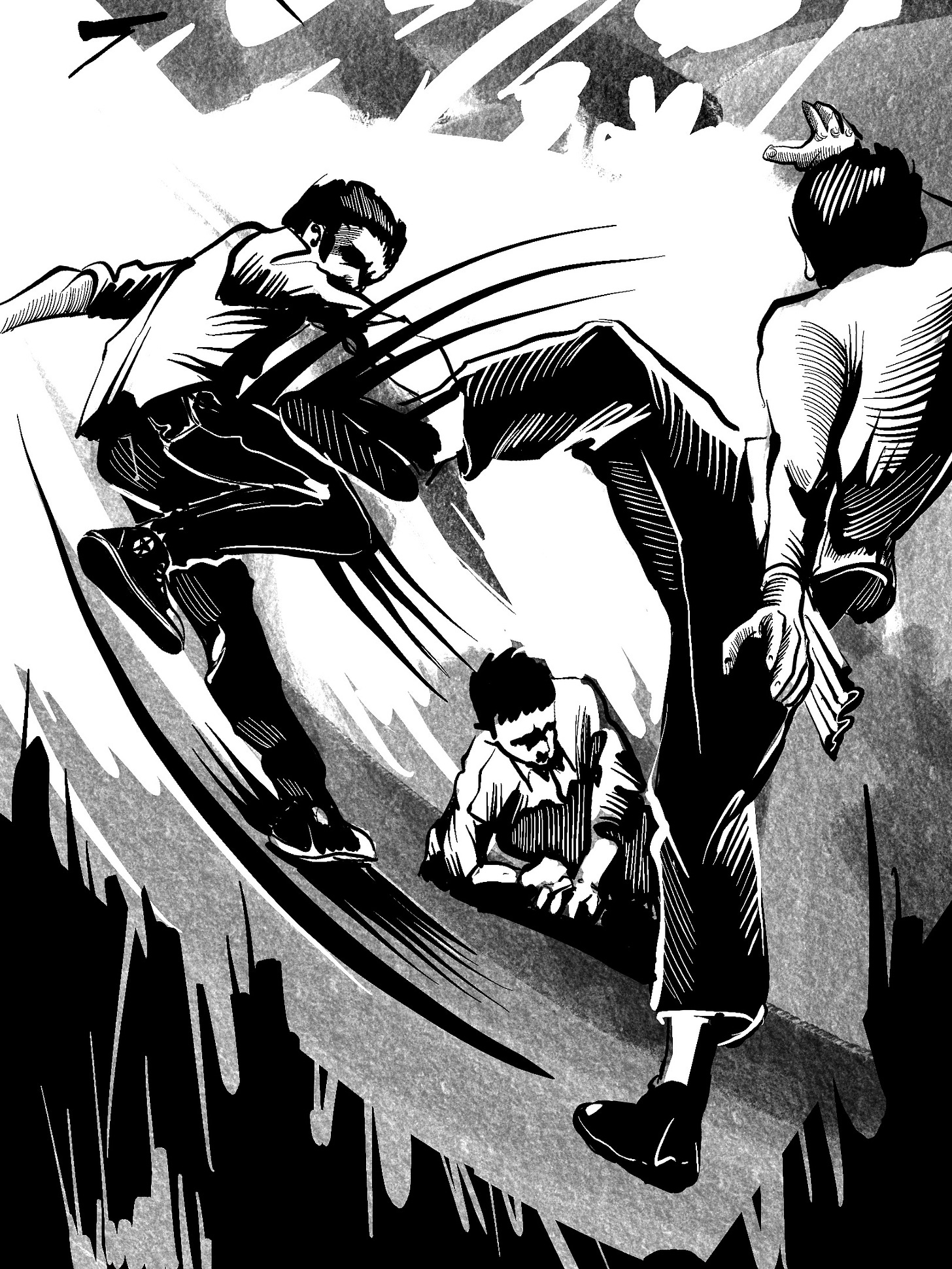
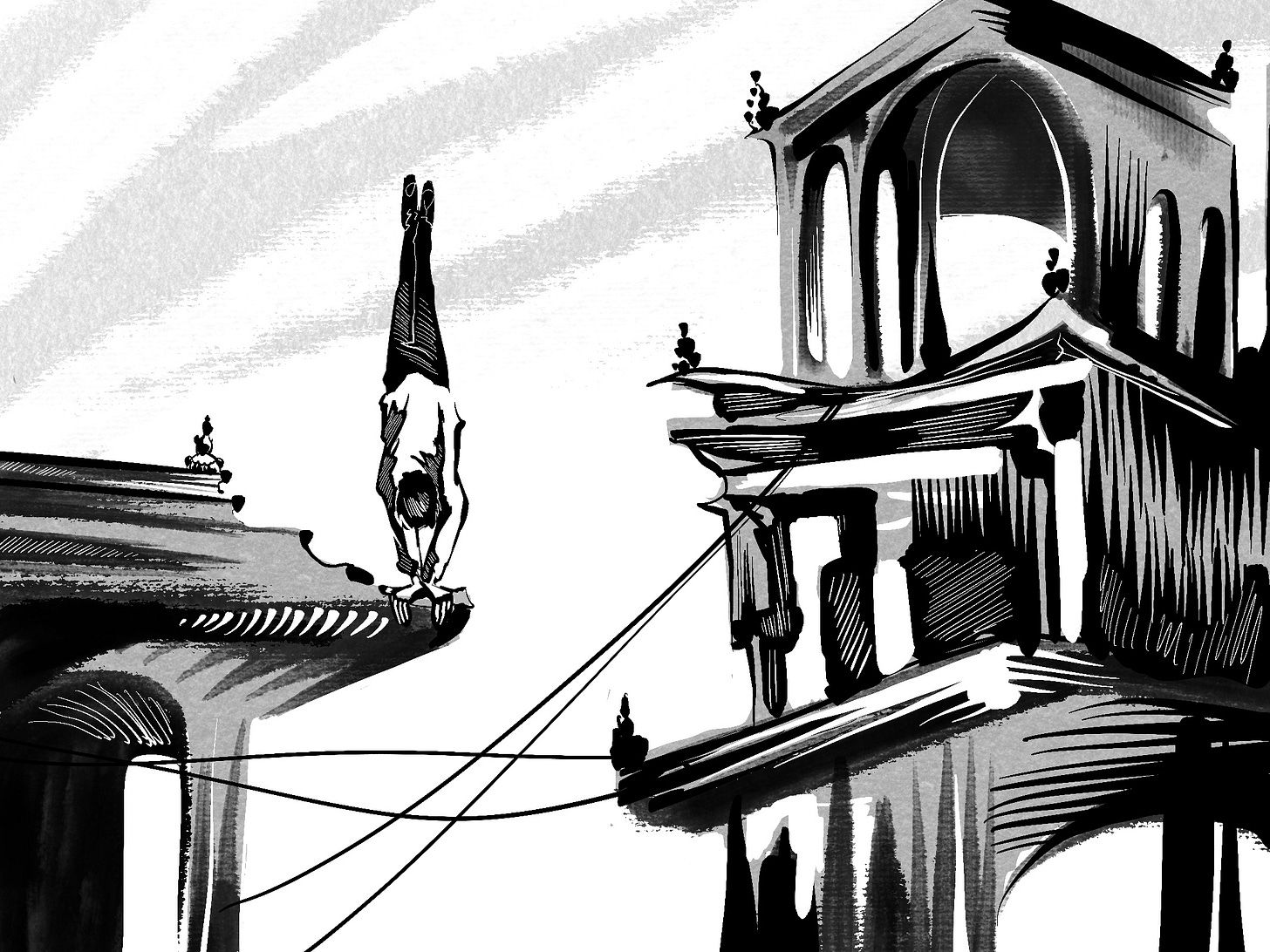
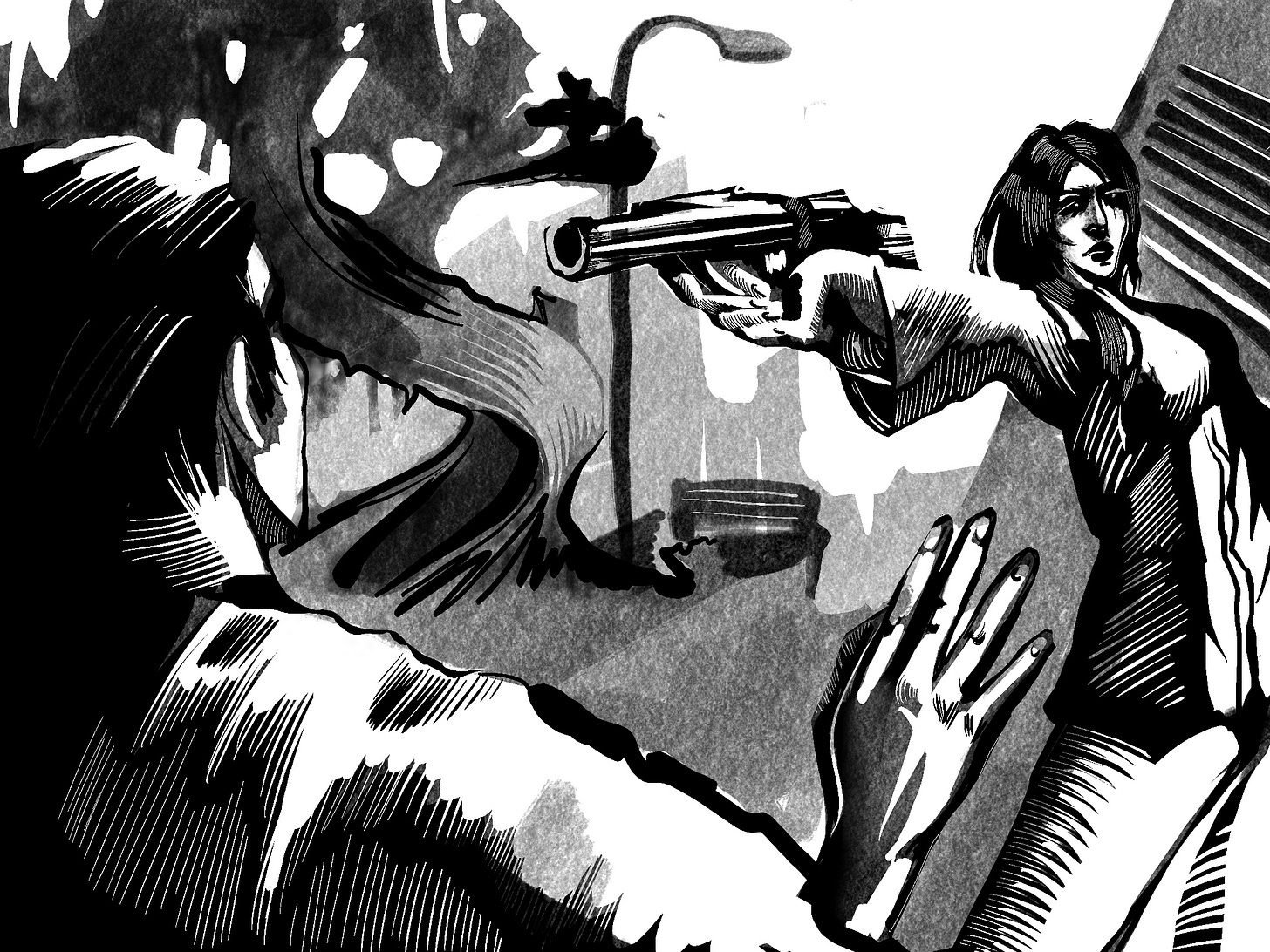
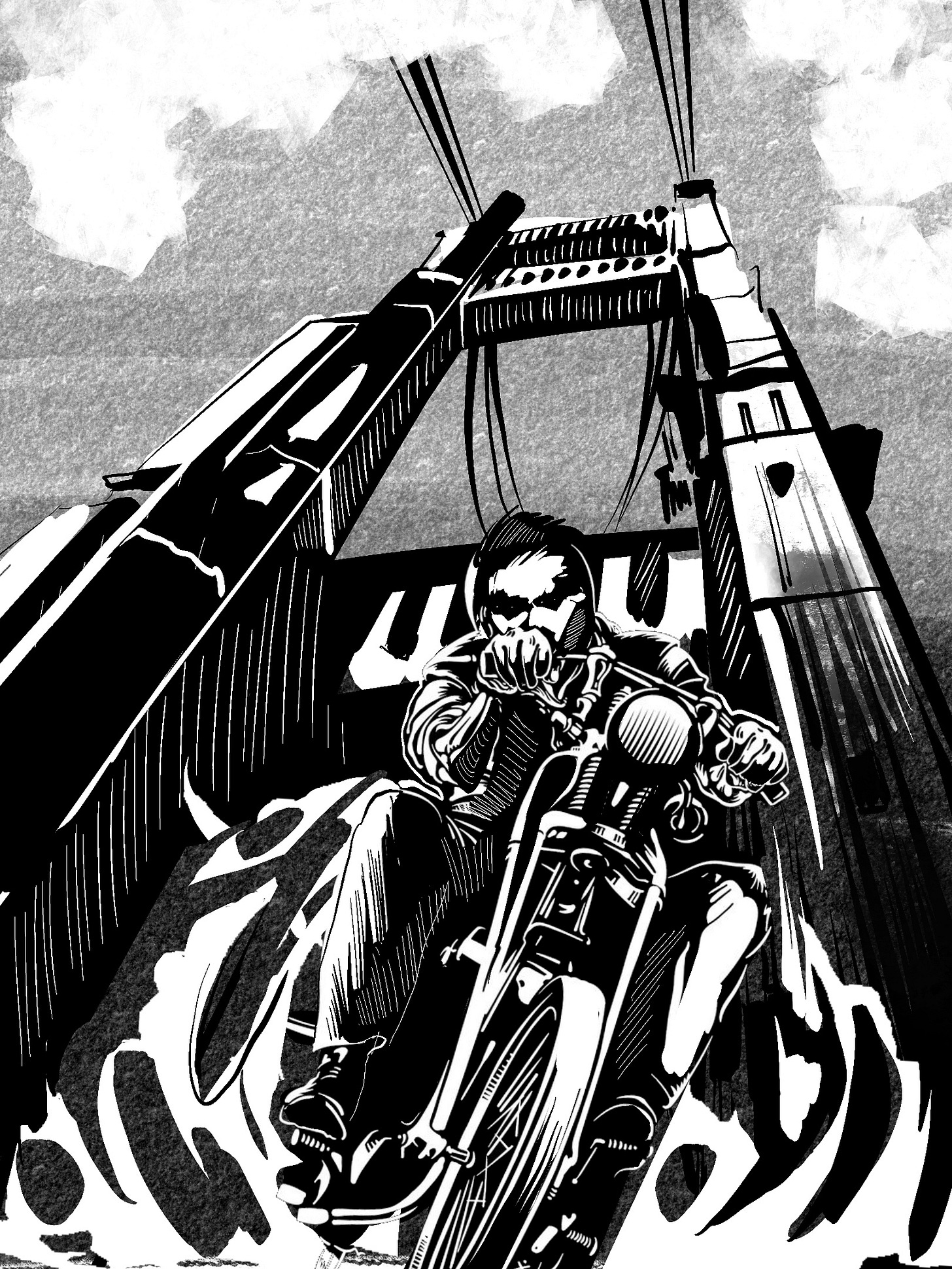
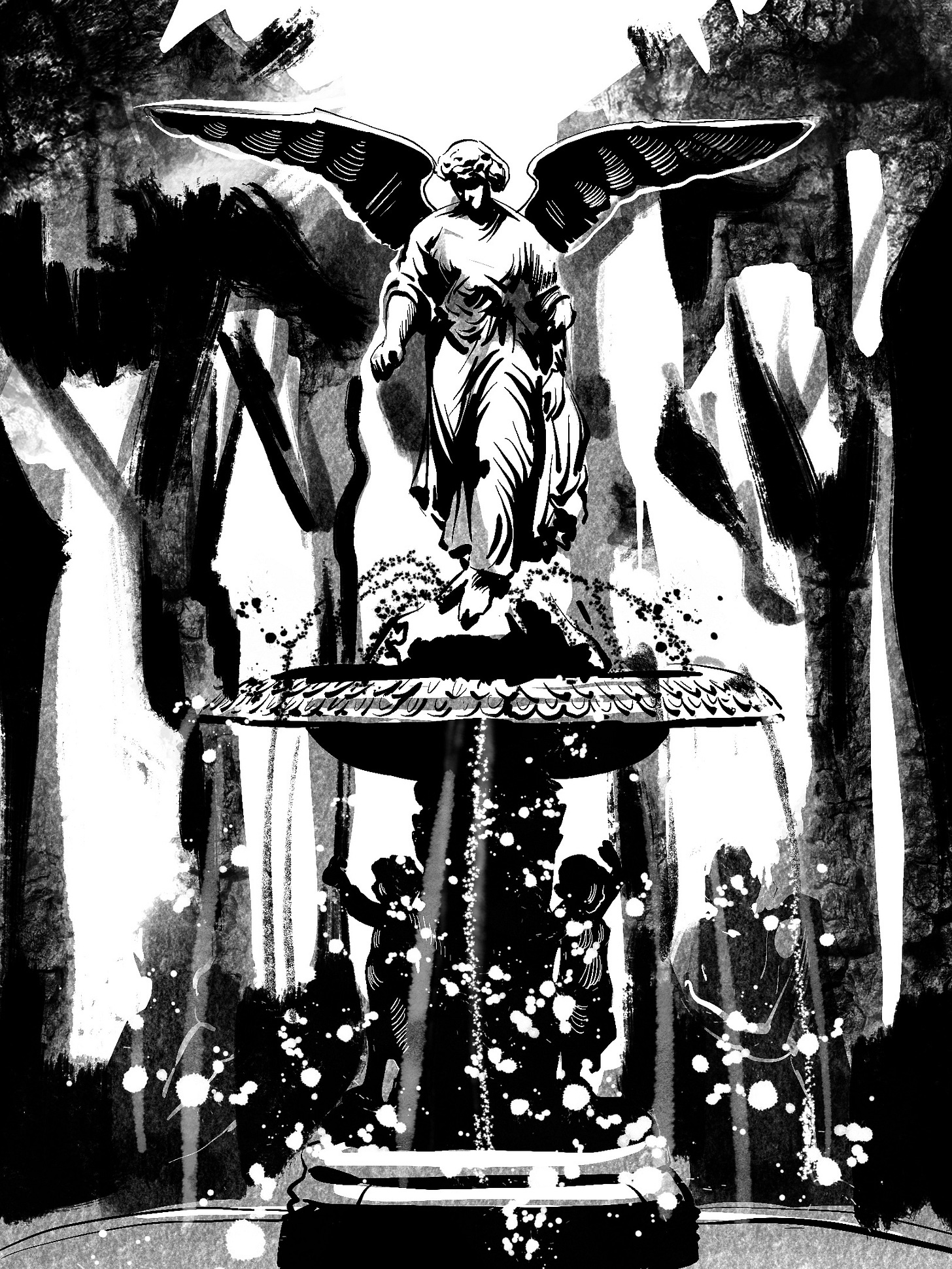
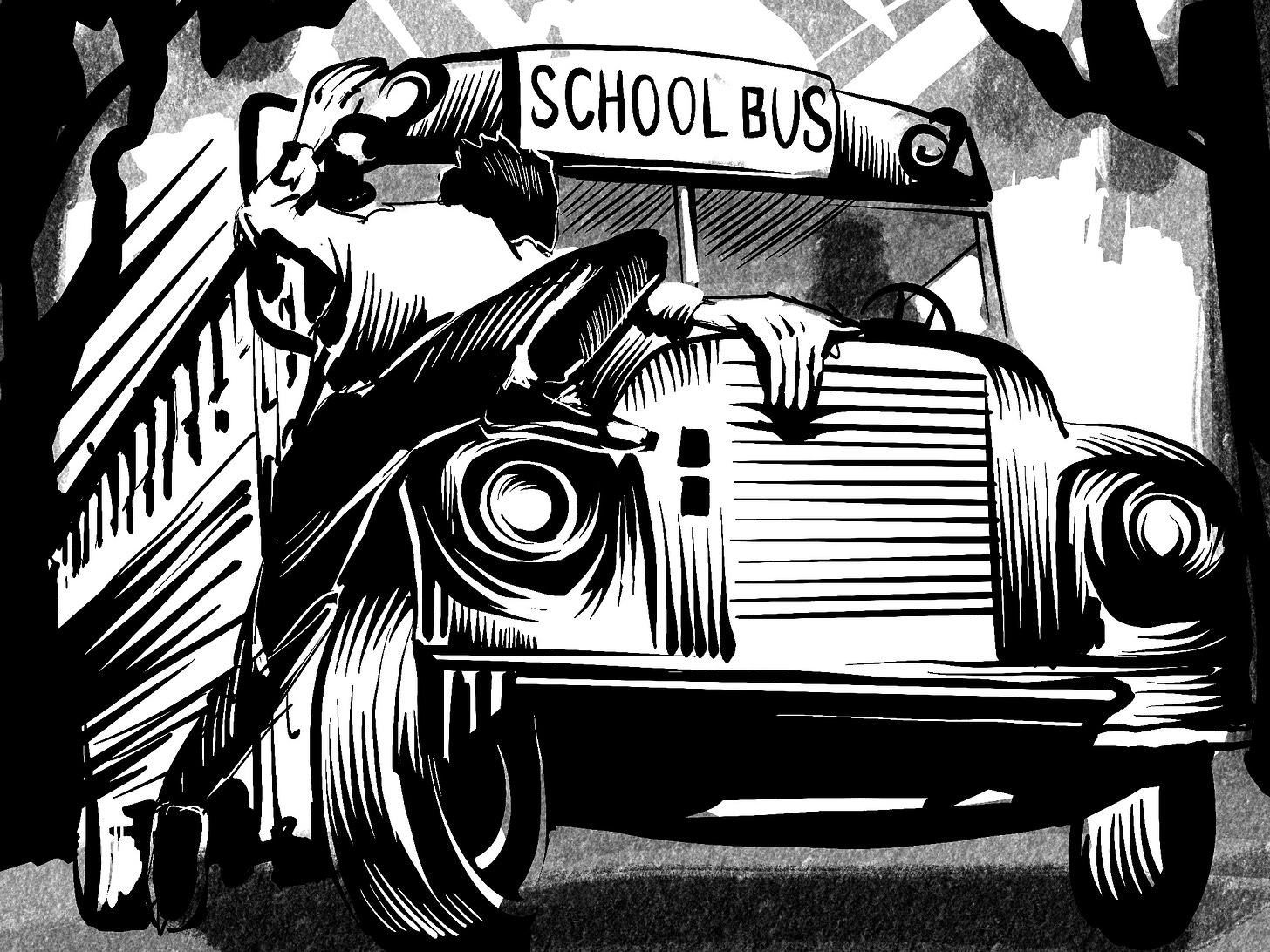
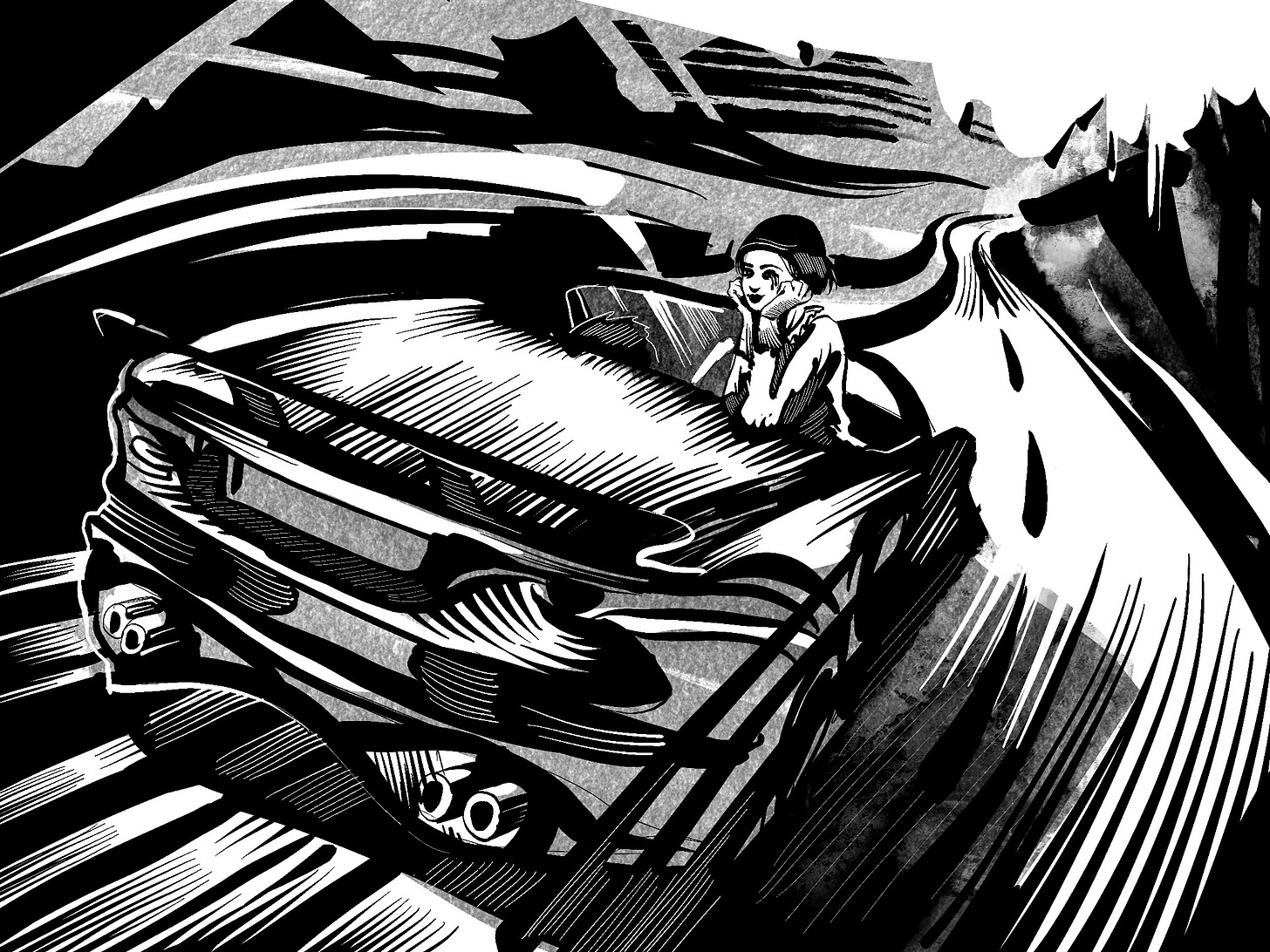
Thank you very much Josh. I just began writing and it is a new, enjoyable experience for me. The "Agents of Change" articles was informative and helped me connect to the style of story I'm actually writing now. Being someone very green in this field, I look forward to your next article.